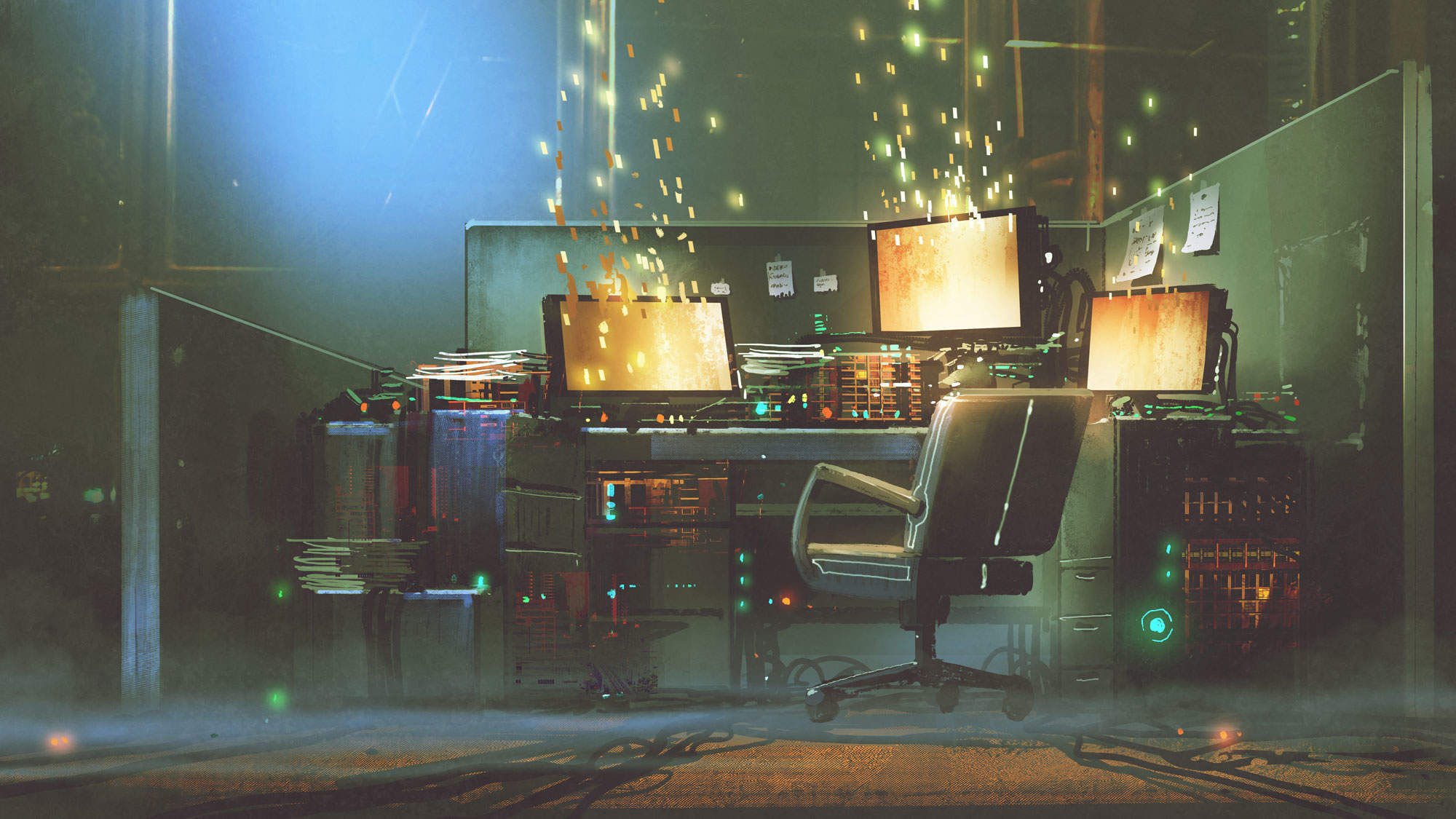
At the end of 2017, the UK Government officially put artificial intelligence (AI) at the forefront of its new industrial strategy, claiming that it will boost British productivity and position the UK at the forefront of a new industry.
As part of four new ‘sector deals’, which aim to connect industry with government to boost productivity, employment, innovation, and skills, AI is one of the new grand challenges that will help sectors to grow and equip businesses for future opportunities.
But how does this translate to AI adoption, and what does that look like for the UK public sector and the IT professionals that work there?
There is lots of debate across many industries about automation, but it is generally considered a positive—it saves time and money, and can drastically improve efficiency and productivity.
Specifically, in the public sector, automation can empower IT teams to step away from basic tasks and focus on larger, more complex, transformative projects. However, the other side of this argument suggests that there is the potential for AI to advance to the point where it replaces entire IT teams.
Public sector IT professionals shouldn’t fear automation
This paints quite a bleak picture, but we strongly believe that IT professionals should not be fearful of becoming obsolete. It is far more likely that the AI revolution, which has already begun, will happen much in the same way as past seismic technology shifts.
How well do you really know your competitors?
Access the most comprehensive Company Profiles on the market, powered by GlobalData. Save hours of research. Gain competitive edge.

Thank you!
Your download email will arrive shortly
Not ready to buy yet? Download a free sample
We are confident about the unique quality of our Company Profiles. However, we want you to make the most beneficial decision for your business, so we offer a free sample that you can download by submitting the below form
By GlobalDataIf past trends hold true, many great shifts in technology maintained — and in some cases even spurred — the need for more people and newer skills that enable even more meaningful and higher-paying work.
A fitting correlation would be the famed Industrial Revolution, which did not take away jobs as anticipated, but created the need for new skills and positions as it helped the country to flourish.
Likewise, the rise of AI will require public sector IT managers and their teams to develop new skills or build upon existing skills, particularly as automation is increasingly used to manage and improve security and maintenance.
There will be specific areas of AI that explicitly need human involvement, such as determining the variables that comprise an ideal security environment or developing code or programmes that govern AI and machine learning.
A perfect symbiosis of technical and human skills
Like a person using both the left and right sides of their brain, to succeed in an AI-focused environment, IT professionals will need to cultivate a combination of “technical” and “human” skills.
Machines will be used to manage security and network operations, but the machines will still need human supervision, someone to manage the machines.
This encourages public sector IT teams to develop a core set of technical skills, including programming, coding, and a basic understanding of the algorithms that govern AI and machine learning functionality, to occupy these new roles.
The other half of this equation is the development of so-called ‘human skills’, which will be equally as important. Human skills include adaptability, flexibility, and innovation; critical and analytical thinking; and the ability to facilitate good teamwork and communication.
AI does not naturally adjust to changing requirements or changing needs, nor is it able to provide new, innovative solutions to meet those changing needs.
This is where human skills are key. As is already a daily part of the job with changing political priorities and often shrinking budgets, public sector IT professionals should continue to be flexible and adaptable.
Be ready, willing, and able to change as needs and requirements change, and be capable of coming up with innovative ideas to meet new demands.
Extrapolating conclusions from data — and making critical decisions based on those conclusions — is also a human skill.
Despite the continually widening availability of business intelligence tools, humans will continue to be the ultimate decision-makers.
What does the data mean? What information is the visualisation tool providing that can help improve IT processes? Computers provide information; humans extract and convey knowledge from that information.
Coming at AI from all angles with a multidisciplinary approach
Nurturing a combination of skills — taking a multidisciplinary approach — will be vital in an AI-driven IT environment.
As previously mentioned, automation specialises in doing one task, or one series of tasks, quickly and efficiently.
Each member of a public sector IT team understands the requirements of their position and the impact that the team has on the organisation as a whole and its constituents.
Take, for example, a cybersecurity professional. While technology may form the baseline of that person’s skillset, understanding privacy and compliance regulations — and the risks associated with breaches and non-compliance — is a critical component underpinning the importance of having a strong security posture.
For example, only humans can programme machines to determine if something ‘predictive’ could become ‘prescriptive’. IT professionals also bring an understanding of the potential financial or organisational impact of a breach and the skills to make decisions based on that understanding.
The prospect of an AI-centric environment is not one to be feared, but celebrated. More automation will create more opportunities in the public sector.
However, truly taking advantage of these opportunities will require workers to shore up their technical and human skillsets. Machines will never truly run the world… until they do.






